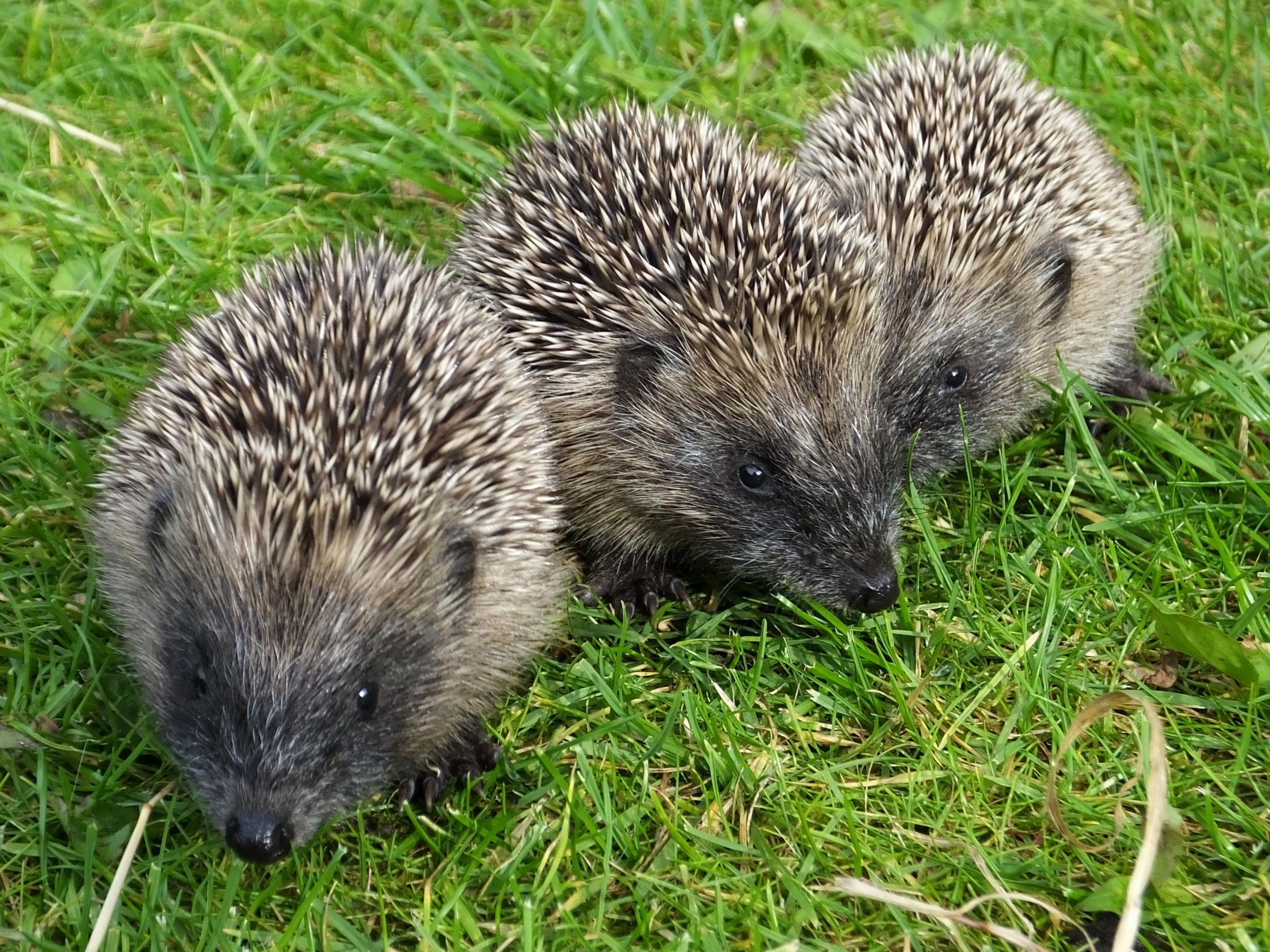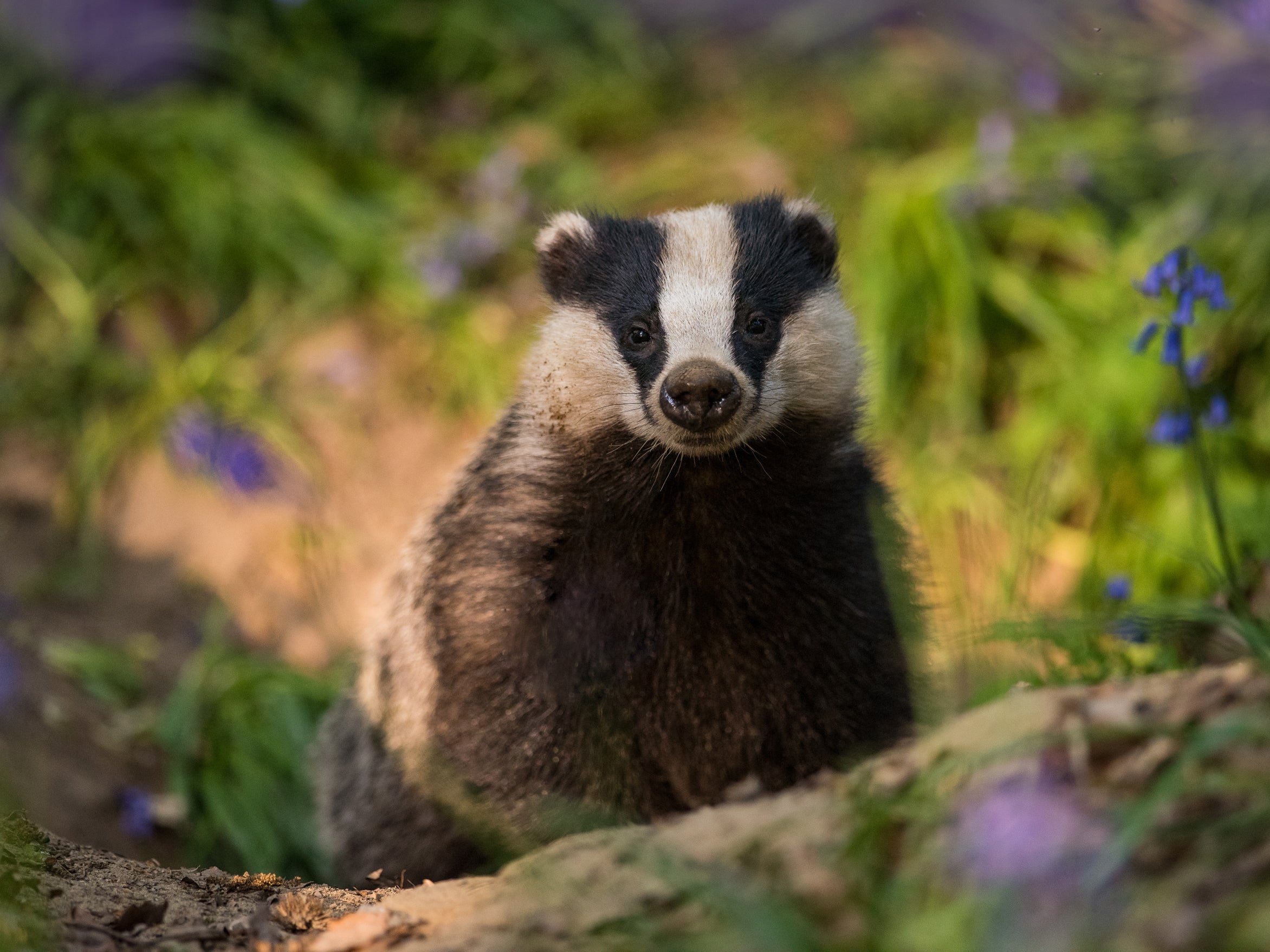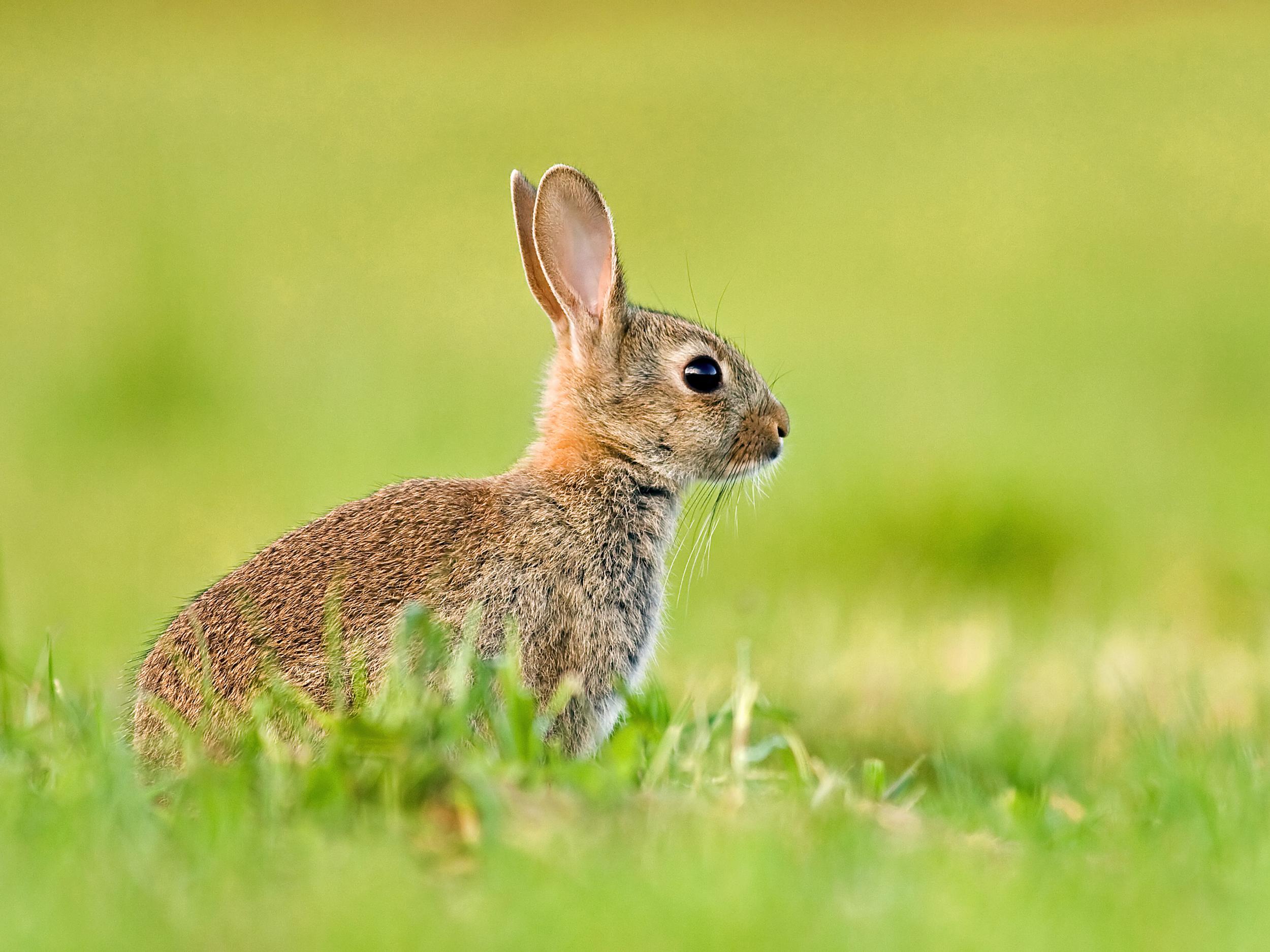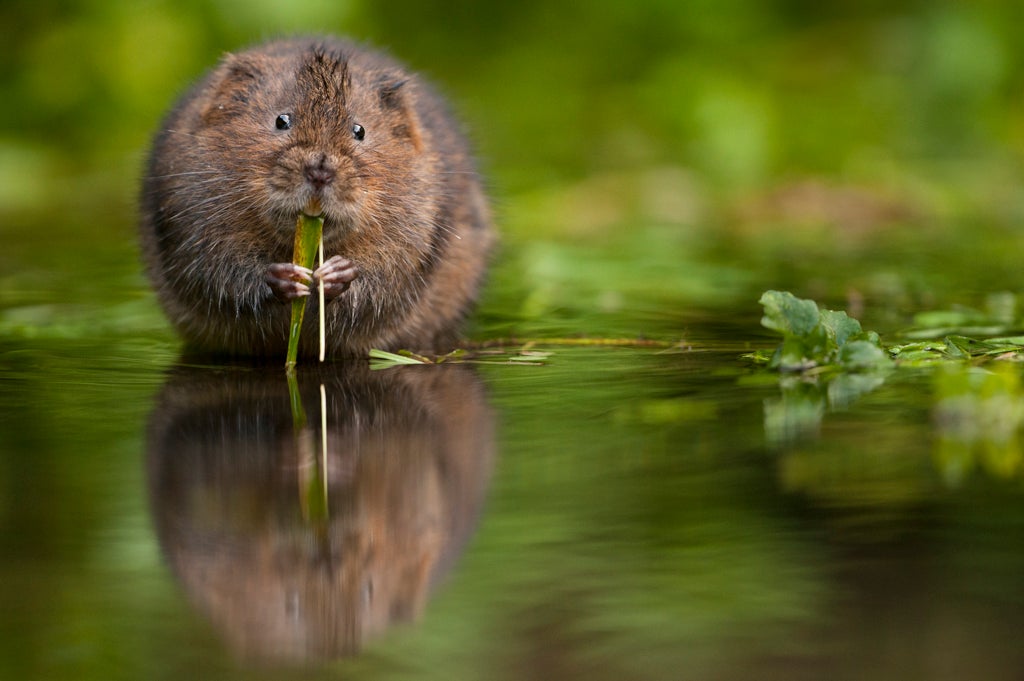At least fifth of British mammal species could be wiped out within a decade
'Our lives will be far poorer if our children don’t experience the thrill of seeing iconic species like red squirrels chasing one another or hedgehogs in their gardens'

Your support helps us to tell the story
From reproductive rights to climate change to Big Tech, The Independent is on the ground when the story is developing. Whether it's investigating the financials of Elon Musk's pro-Trump PAC or producing our latest documentary, 'The A Word', which shines a light on the American women fighting for reproductive rights, we know how important it is to parse out the facts from the messaging.
At such a critical moment in US history, we need reporters on the ground. Your donation allows us to keep sending journalists to speak to both sides of the story.
The Independent is trusted by Americans across the entire political spectrum. And unlike many other quality news outlets, we choose not to lock Americans out of our reporting and analysis with paywalls. We believe quality journalism should be available to everyone, paid for by those who can afford it.
Your support makes all the difference.Populations of much-loved British mammals including hedgehogs and water voles have dropped by up to two-thirds over the past 20 years, and many more are threatened with imminent extinction.
Even some apparently common creatures such as rabbits have been driven into decline by human pressures such as harmful farming activities and climate change.
These findings come from a review carried out by the Mammal Society and Natural England, the first of its kind to be conducted in more than two decades.
The country has undergone significant changes since the last analysis in 1995, and some of the species at risk then – including badgers and otters – have since made considerable recoveries.
However, pesticide use, invasive species and road deaths have all taken their toll, and the scientists behind the study have warned Britain is on “a precipice” and must take urgent action to save its mammals.
“This is happening on our own doorstep so it falls upon all of us to try and do what we can to ensure that our threatened species do not go the way of the lynx, wolf and elk and disappear from our shores forever,” said Professor Fiona Mathews, chair of the Mammal Society.
The review, which made use of data collected by members of the public as well as scientists over the course of decades, covered all 58 of the country’s land mammal species.
The scientists constructed the first ever “red list” for British mammals, and found 12 are threatened with extinction. This means animals like the wildcat, greater mouse-eared bat and even the black rat are likely to be gone forever from Britain’s shores within the next 10 years.
However, they noted this is likely to be an underestimate, and the real number could be as high as one in three.
“Quite a lot of the news is glum, but by no means all of it,” said Professor Rob Smith, a population dynamics expert at the University of Huddersfield who was not involved in the study.
Some mammals that used to face persecution such as polecats and badgers have bounced back in recent years, showing concerted conservation efforts do pay off.

The researchers were unable to properly measure the status of several species due to lack of sufficient data, and emphasised the need to gather more information “before it is too late”.
The findings come after widely publicised studies revealed the collapse of bird and insect populations across Europe, trends that made naturalist Chris Packham warn of an “ecological apocalypse”.
“We are on a bit of a precipice and we need to start making choices,” said Professor Mathews.
“The government and the general public actually need to realise that there is not a lot of point in just hand-wringing.”
“What we have to start thinking about is: where are the fixes?”
One cause for concern highlighted by scientists and activists is the impact of farming on wildlife – fragmenting habitats and poisoning animals with pesticides.

Much of the decline in biodiversity across Europe has been linked with the intensification of agriculture, and while mammals are often less directly affected than insects or birds they too can feel its effects.
The news of the decline is not a surprise, Fay Vass, chief executive of the British Hedgehog Preservation Society told The Independent.
“We are concerned about the lack of food in sterile fields where lots of pesticides and chemicals are used – there are also larger scale farms so there are less hedgerows for hedgehogs to use.”
Meanwhile species introduced to Britain by humans such as the American mink and grey squirrel have led to massive declines in water voles and red squirrels, respectively.
While the researchers were unclear about the factors driving a nearly 10 per cent dip in the country’s rabbit population, they suggested diseases introduced by people like myxomatosis could be behind the crash.
The authors of the review said there was now a need for proper, evidence-based exploration of methods to deal with these threats, such as approaches farmers can take to protect wildlife on their land.

Friends of the Earth nature campaigner Sandra Bell said government ministers “must do far more to defend Britain’s wildlife”.
“Our lives will be far poorer if our children don’t experience the thrill of seeing iconic species like red squirrels chasing one another or hedgehogs in their gardens,” she said, warning that policies to slash emissions and cut pesticide use on farms following Brexit would be critical.
“Assurances are also needed that there will be no weakening of the laws that protect our most precious nature sites and under-threat species when we leave the EU,” she said.
Darren Tansley of the Essex Wildlife Trust told The Independent there was a need to ensure that nature-friendly policies are implemented to prevent Britain’s animals being squeezed into ever-more fragmented patches of habitat.
“So often we see green space in housing estates and developments but if it’s a mown flat lawn it’s of no use to nature conservation at all,” he said.
“You’ve got to have space for untidy nature to exist.”
Join our commenting forum
Join thought-provoking conversations, follow other Independent readers and see their replies
Comments